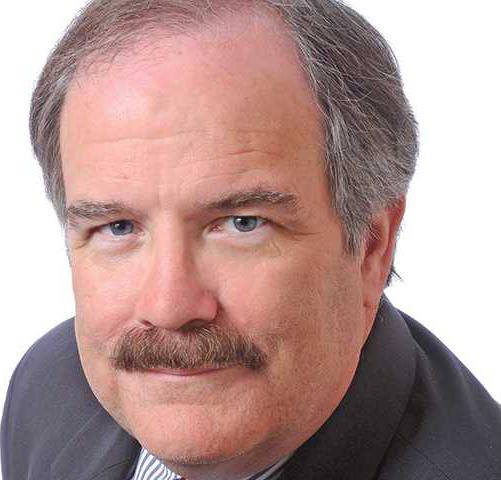Casino gambling is coming to Georgia. That is probably the horse to bet on.
MGM Resorts International and other entities are making a push for a casino complex in Atlanta, maybe near the Georgia Dome, Turner Field or the railroad gulch near Five Points. They claim they could spend as much as $1 billion for a gambling palace that would be a magnet for tourists.
There are numerous legislators, Republicans and Democrats alike, who would like to accommodate these interests.
Committee hearings will be held later this year, and a bill has already been introduced in the General Assembly to get the wheel spinning on this issue.
It is interesting that Gov. Nathan Deal, the state’s most-powerful Republican figure, and Atlanta Mayor Kasim Reed, the most-influential Democrat, are both opposed to the concept of casino gambling.
“I believe Las Vegas is in Las Vegas for a reason,” Reed said recently. “I have a real issue with putting a (gambling) facility in Atlanta.”
Reed said that when he visits Detroit, he typically stays at the luxurious MGM casino hotel there.
“I don’t like what I see,” Reed said. “I see people with employee tags from an auto company playing the slot machines. I don’t see tourists.”
Deal expressed similar sentiments last week: “I am opposed to casino gambling. It does not offer benefits that outweigh the costs.”
Having said that, both Deal and Reed are also willing to put their reservations aside and let the industry get a foothold in Georgia.
Even though he doesn’t like gambling, Reed said he would still be willing to talk to MGM representatives about a casino deal: “It would be fiscal malpractice not to. I’d have an obligation to hear those folks out.”
Deal, with a nudge and a wink, sent a clear signal through the media that legislators can work around his opposition to gambling and pave the way for a casino in Atlanta anyway.
If the House and the Senate both vote next session to put a constitutional amendment for casinos on the general-election ballot, Deal could not stop it.
Once the Legislature has passed a constitutional amendment, it goes straight to the ballot.
If that constitutional amendment were to be approved by voters in 2016, the General Assembly would then have to adopt what is called “enabling legislation” in 2017.
This would be the law that specifies how casinos would be operated and regulated by the state.
The governor would indeed have the authority to veto that legislation and make it impossible for a casino to open here. Deal, however, made a point of telling reporters that the bill could become law without his signature, as long as he doesn’t actually veto it.
“Once you have the vote of the people, and it expresses the will of the people of the state, it certainly puts any implementing legislation in a different light,” Deal said. “I don’t have to sign anything for it to become law.”
Deal has now laid out a clear road map for how legislators can get gambling legislation on the books — even with a governor who says he “opposes” it.
We will see how the lawmakers shuffle those cards and play them.
If gambling were to be legalized, would casinos be the pot of gold that generates billions in revenues for programs like the HOPE Scholarship? That is not a sure bet.
In fact, the gambling industry is now spread so widely across the country, it has become saturated. There was a time when you only had casinos in Las Vegas and Atlantic City, New Jersey, but some form of gambling is now available in 40 states. Revenues are on the decline, and casinos are closing.
“The problem is that too many casinos are chasing too few gamblers in most parts of the country,” one trade publication noted.
The same thing goes for horse racing, another panacea that legislators like the late Harry Geisinger have said would be a moneymaker for the state. Track attendance and betting on the ponies has been declining for years, so it’s not likely Georgia could gain much by beating that dead horse.
But it’s still true that there’s a sucker born every minute. Georgia has more than its share.
Crawford can be reached at tcrawford@gareport.com.
Step right up and place your bets
Georgia report


Sign up for our e-newsletters